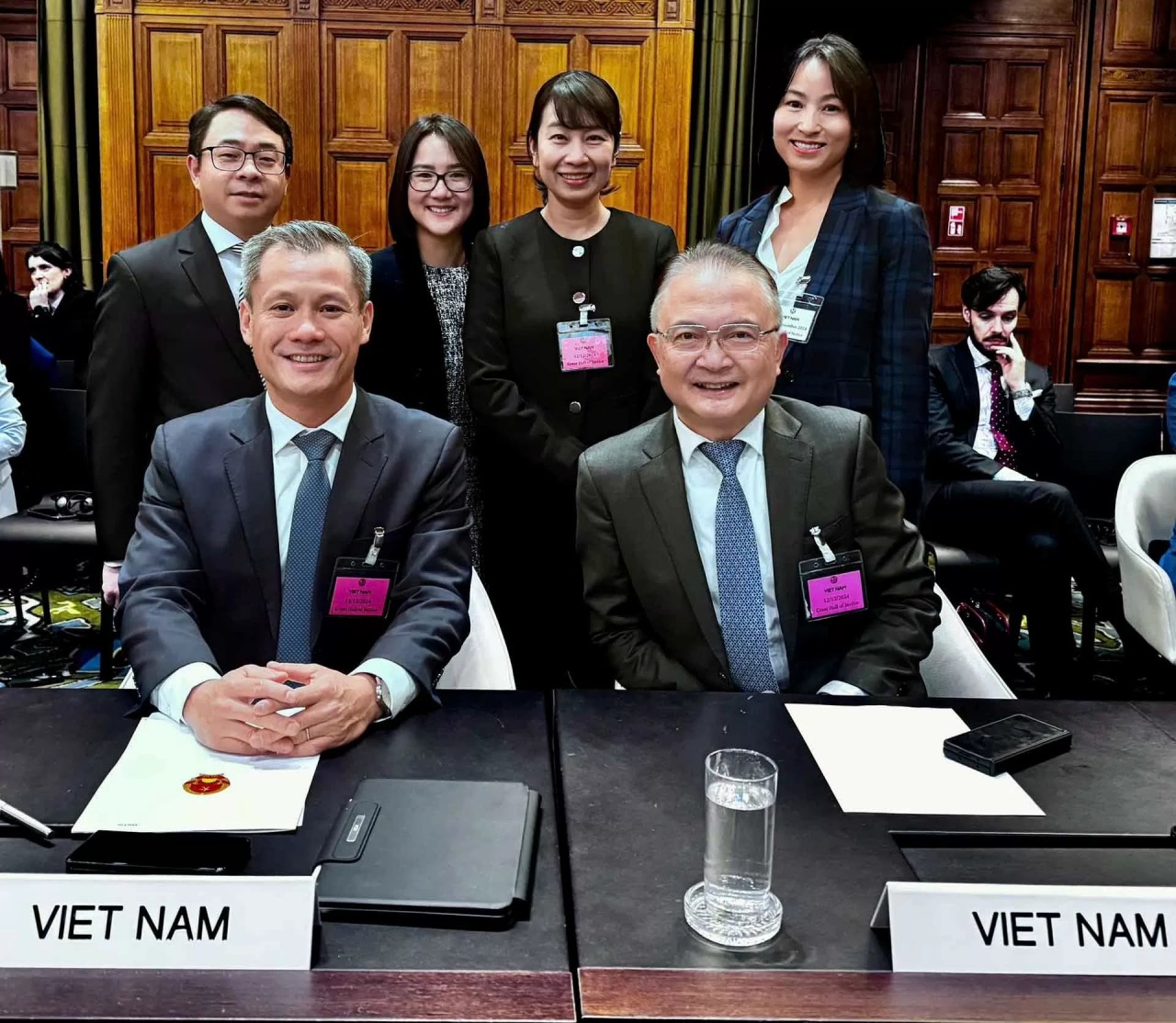ILO, Netherlands Support Vietnam Address Future Skills Needs in Textile - Garment Sector
Through the International Labour Organization (ILO), the Netherlands Government financially supported more than US$ 391,000 to support Vietnam in forecasting and improving labor skills in the textile and garment industry in the next two years, developing this sector more resilient and sustainable.
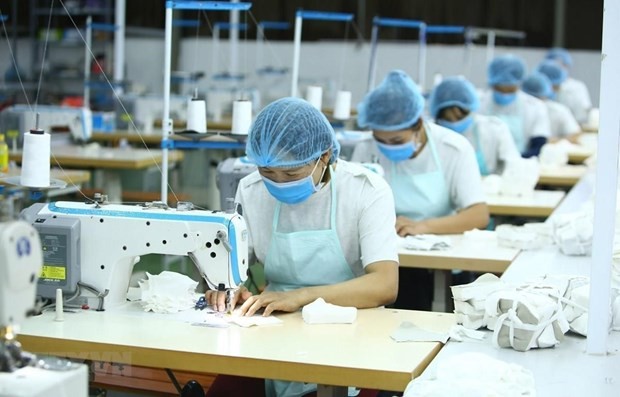 |
| Illustrative image. Photo: VNA |
Vietnam’s textiles and garment industry is key to the country’s growth and development. It employs about 2.7 million people, of which a vast majority are women, according to the Ministry of Industry and Trade.
In the first 6 months of 2021, the textile and garment export value hit US$ 15.2 billion, up 15% year-on-year. This is a good result in the context of Covid-19.
Moreover, the World Trade Statistical Review 2021 recently released by the World Trade Organization (WTO) revealed that Vietnam has surpassed Bangladesh as the world’s second-largest exporter of ready-made garments (RMG), Fashion United, an international B2B fashion platform, quoted the World Trade Statistical Review 2021 released by World Trade Organization (WTO), as saying.
The latest report from the Vietnam Textile and Apparel Association estimated that the textiles and garment industry will reach its target of US$ 39 billion in export revenue this year, equal to the 2019 figure.
However, the Covid-19 crisis has hit the industry hard. In addition to factory closures and lost incomes, the pandemic has accelerated the drivers and megatrends that are changing textiles and garment production and work profoundly. These include automation and digitalization as well as the introduction of greener and cleaner production to mitigate climate change.
As part of the new two-year project starting in January 2022, the ILO will support the government, employers’ and workers’ organizations in Vietnam to understand what skills the industry and its workers will need now and in the future.
The project will focus on those at the highest risk of losing their jobs as a result of the Covid-19 crisis and the increased automation and digitalization in the industries.
This is an important step towards building a more resilient, inclusive, and sustainable industry with decent work opportunities for more women and men.
“Skills development and lifelong learning play a key role in addressing the impact of Covid-19, in building the resilience of workers and firms, and in shaping a future that works for all,” said ILO Vietnam Officer-in-Charge Nilim Baruah.
Timely investment in skills can help speed up the economic recovery, a safe return to work, reduce the career scarring effects of prolonged unemployment and skills mismatch, and take advantage of opportunities that may otherwise dissipate over time. It includes specific technical skills needed by the industries to grow, new technical skills due to technological and other changes in work and production, and core employability skills, added Baruah.
The Netherlands believes that a sustainable textile value chain is a precondition for a healthy recovery from the impact of Covid-19.
“Sustainable business models, including employability and skills development, contribute to the various current and future challenges of the industry,” said Ambassador of the Netherlands, Elsbeth Akkerman. “I am proud that with this project we are taking the next step towards a future proof and sustainable textile and garment sector.”
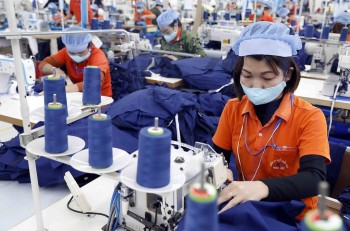 | Could Vietnam's Textile Industry Make a Rebound? 2021 – 2023 is the decisive period for Vietnam’s textile businesses, according to experts |
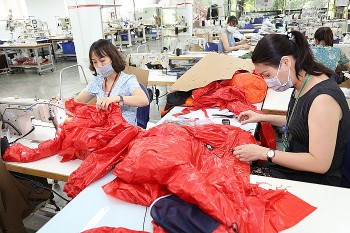 | Vietnam’s Textile Industry to Miss Export Target Due to Covid A ack of workers, stagnated production and increasing costs DURING social distancing orders are major challenges facing Vietnam’s textile and apparel industry due to the ... |
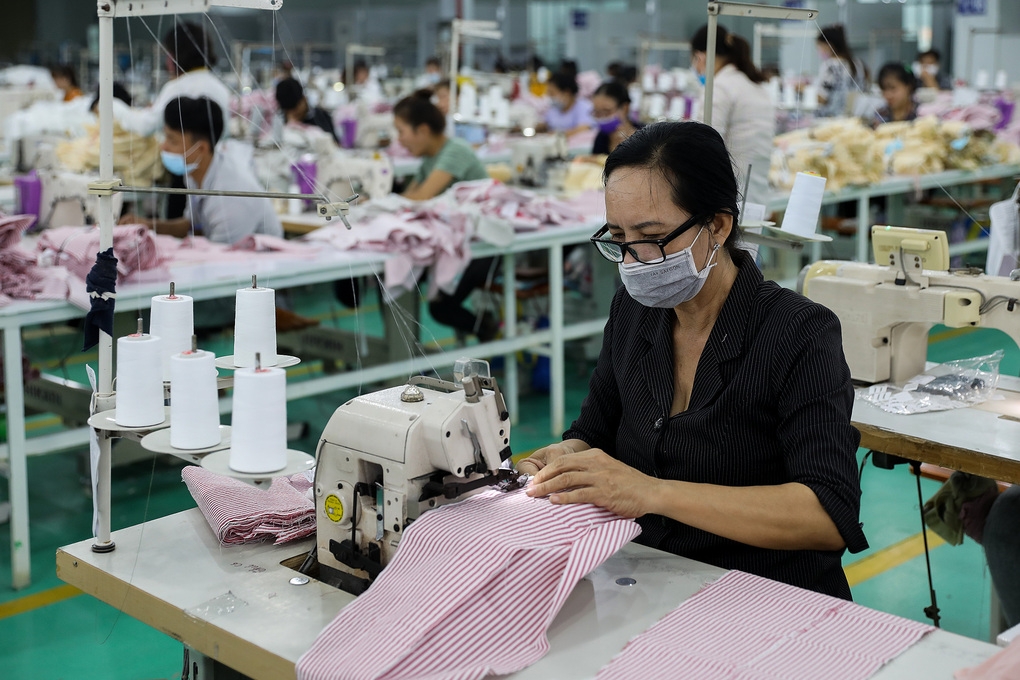 | Vietnam Surpasses Bangladesh to Become World’s Second Largest Garment Exporter Vietnam has surpassed Bangladesh as the world’s second largest exporter of ready-made garments (RMG) with a market value of USD29 billion in 2020. |


